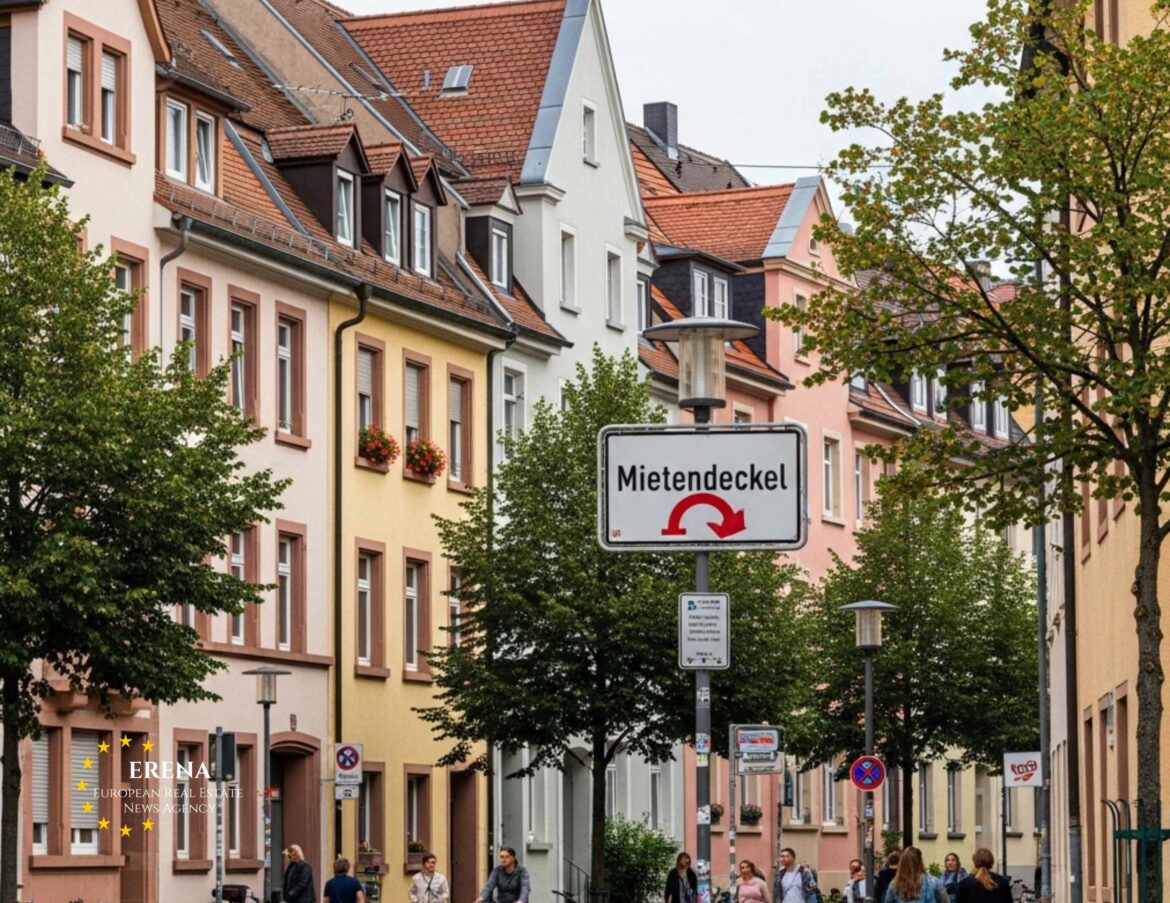Germany’s decision to extend rent control measures until the end of 2029 has already begun to affect regional housing markets. In Karlsruhe — one of Baden-Württemberg’s largest cities — the consequences are felt by both tenants and property owners. As a university hub with a strong IT sector and consistently high housing demand, Karlsruhe finds itself at the heart of the debate over tenant protection versus investor interests.
Understanding the Extended Rent Control
Germany’s rent control law, known as the “Mietpreisbremse” (rental price brake), was first introduced in 2015. It limits the rental price of re-let apartments to no more than 10% above the local comparative rent index (Mietspiegel).
The latest extension, which pushes the law through to 2029, includes stricter enforcement mechanisms. Landlords must now provide full disclosure about prior rents and face heavier penalties for violations. The number of municipalities subject to the brake has expanded — and Karlsruhe remains among them.
Rental Market Overview in Karlsruhe (2025)
Karlsruhe, with a population of over 310,000 — including more than 40,000 students — exhibits a steady demand for rental housing. The main drivers include:
- Its status as a university and research center
- A growing IT and engineering sector
- Strategic location near France and access to key motorways and rail lines
As of 2025:
- Average rent for a one-bedroom apartment: €11.50–€13.00/m²
- New developments (post-2014): up to €15.00/m²
- Lower-income districts: €8.50–€10.00/m²
While overall price increases have slowed, especially in older housing stock, newly built properties — exempt from rent control — continue to see rising prices.
Tenant Perspective
For many renters, the extension has been welcomed. Concerns about affordability and gentrification had been mounting, and the continued regulation offers reassurance and budgeting predictability.
Additional measures now require landlords to disclose previous rental rates when re-letting a property, improving transparency and enabling legal action against inflated prices.
Property Owners and Investor Response
On the flip side, landlords and real estate investors have voiced concerns:
- Lower returns: Capped rent increases reduce the incentive to renovate or modernize properties
- Market withdrawal: Some private investors are choosing to sell rather than maintain older, cost-intensive units
- Focus shift to new builds: Properties constructed after 2014 are exempt, making them increasingly attractive investment targets
Developer Strategy Adjustments
In response, developers in Karlsruhe have shifted their focus in 2025 toward:
- Energy-efficient buildings with Class A or B energy ratings
- Compact apartments tailored to students and single professionals
- Mixed-use developments with retail or office space on lower floors
New construction is helping offset stagnation in the regulated secondary market.
Shrinking Supply in the Existing Housing Sector
One side effect of rent control is a noticeable reduction in rental supply in the secondary market. Owners are either keeping properties for private use or selling them outright. As a result, districts like Südstadt and Weststadt — traditionally rich in rental options — now see a drop in available listings.
This creates a paradox: while rents are regulated, it’s becoming increasingly difficult to find a property — especially in the €500–€600/month segment.
Social Impact
On the positive side, rent control has contributed to:
- Reduced displacement risk for low-income tenants
- Longer tenancy durations
- Lower social friction in gentrifying neighborhoods
However, challenges are also emerging:
- Reduced mobility: Fewer available units limit tenant flexibility
- Access inequality: Newcomers and young professionals struggle to secure well-located, quality rentals
Forecast for 2026–2029
Analysts expect:
- Moderate rent increases within the 10% limit
- Further investment in new builds and micro-apartments
- An expanded role for municipal and social housing programs
By 2027, a digital version of the Mietspiegel may be introduced to streamline rent monitoring — which could increase legal clarity, but also administrative burdens for private landlords.
Conclusion
Germany’s rent control extension has a complex effect on Karlsruhe’s housing market. On one hand, it enhances tenant security and supports social cohesion. On the other, it dampens investor interest and shrinks the supply of affordable rental units. For a city like Karlsruhe, which continues to grow, the key challenge remains: striking a balance between protecting tenants and encouraging housing development. As of 2025, the city is still searching for that balance — and the outcomes will shape Karlsruhe’s property landscape for years to come.

